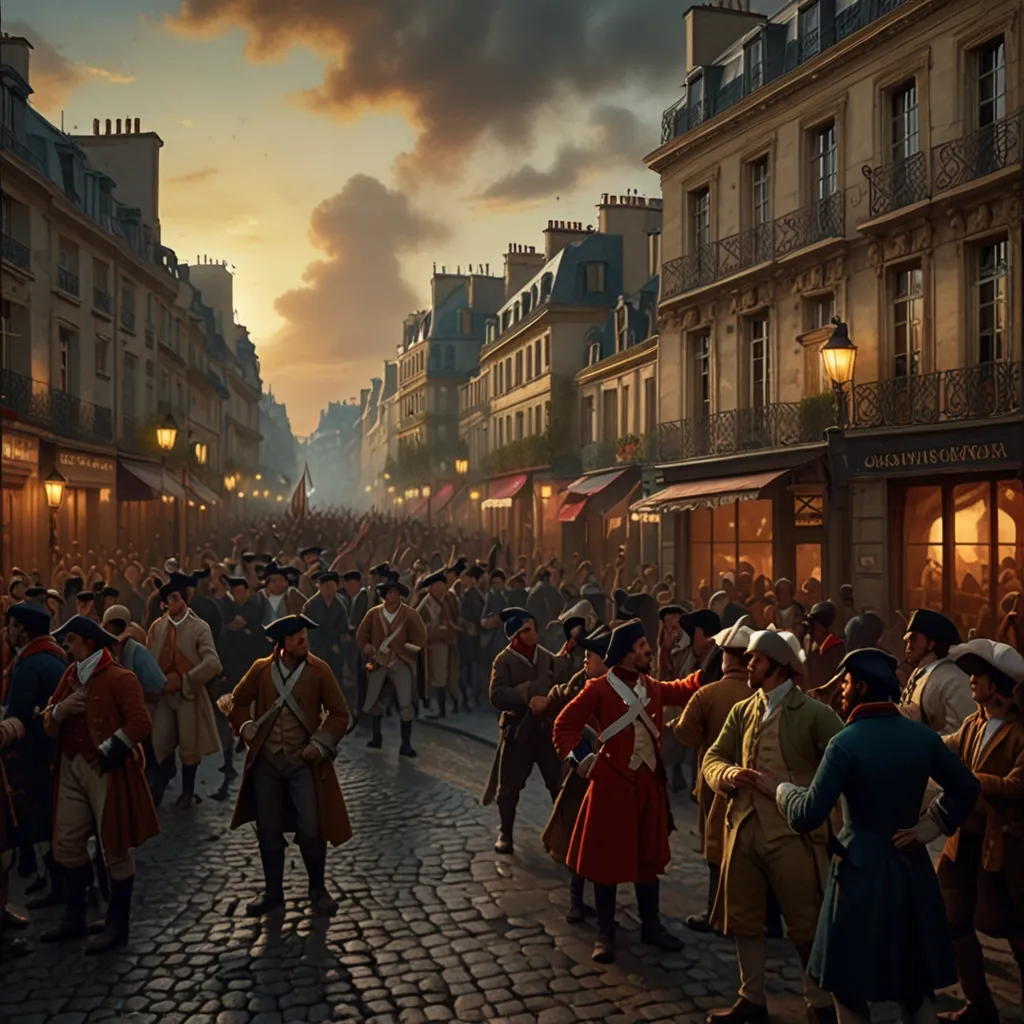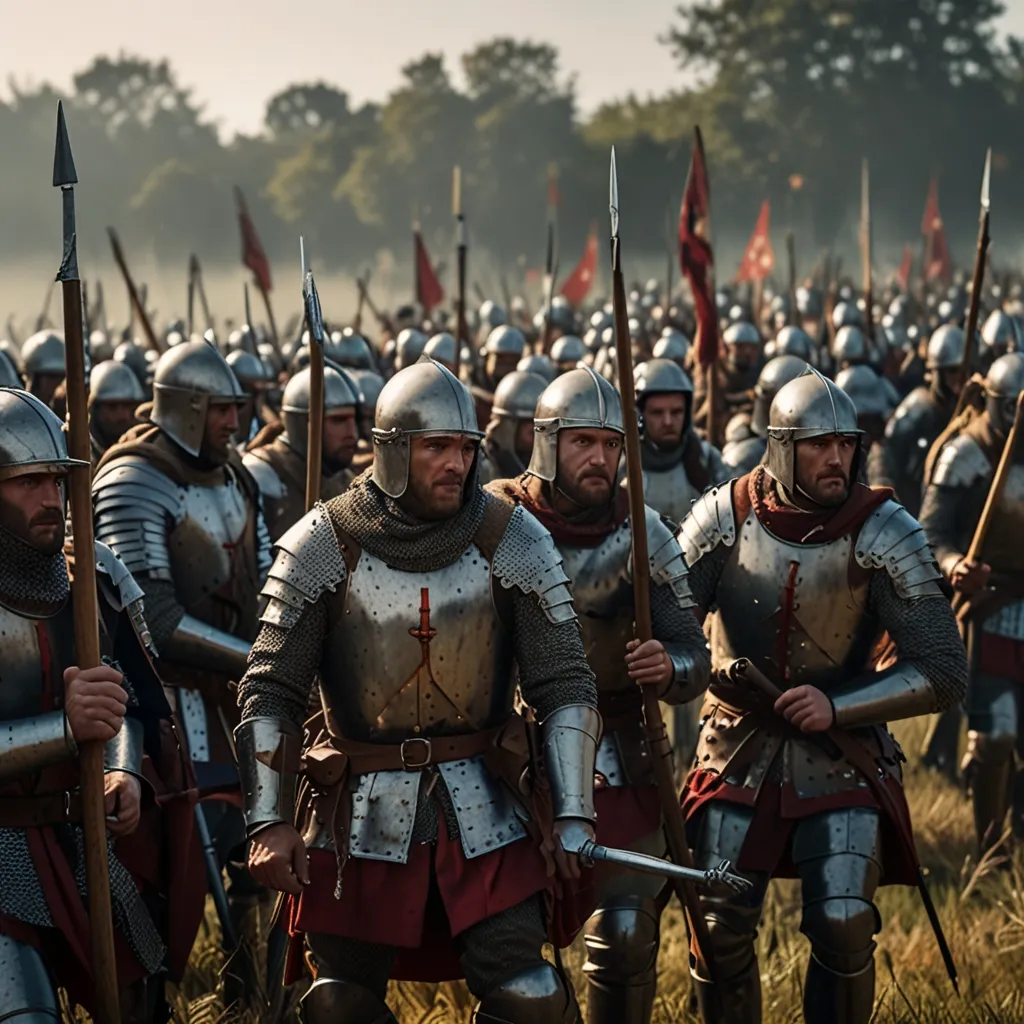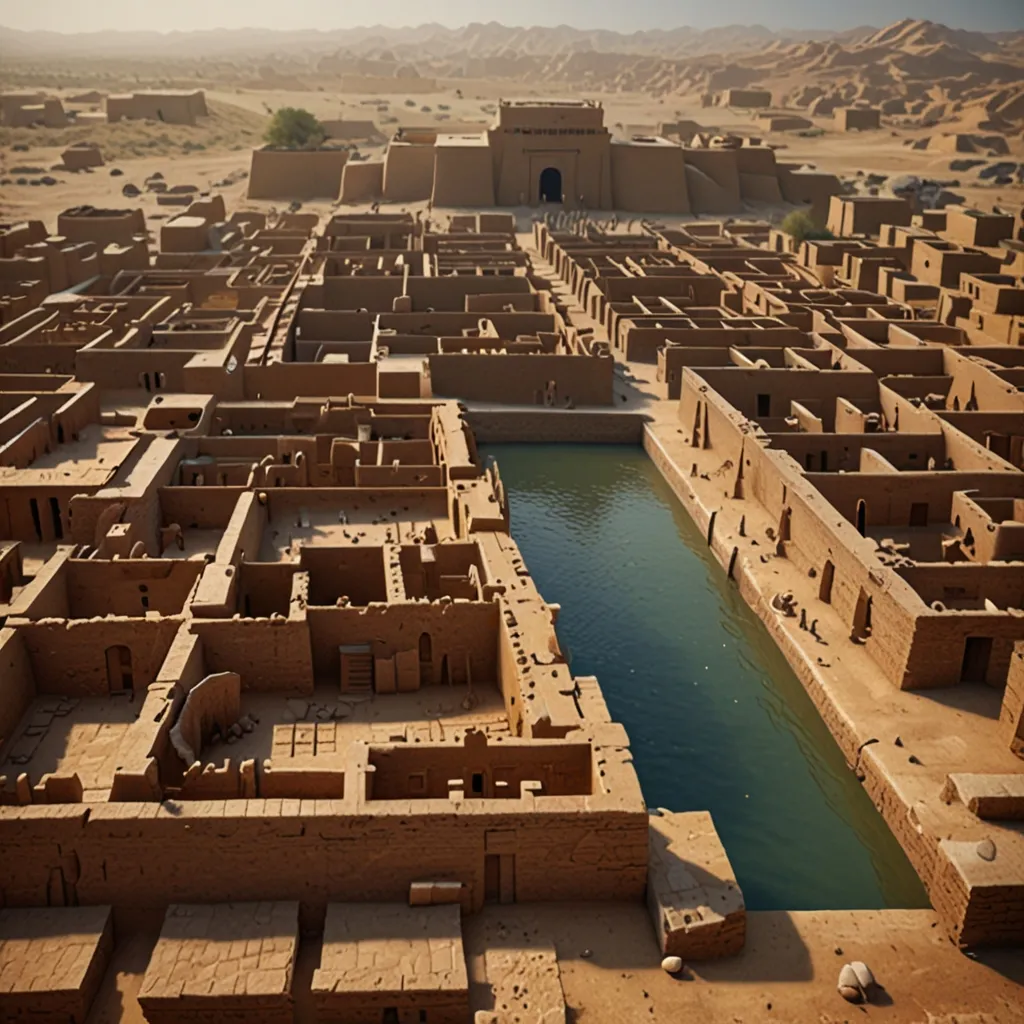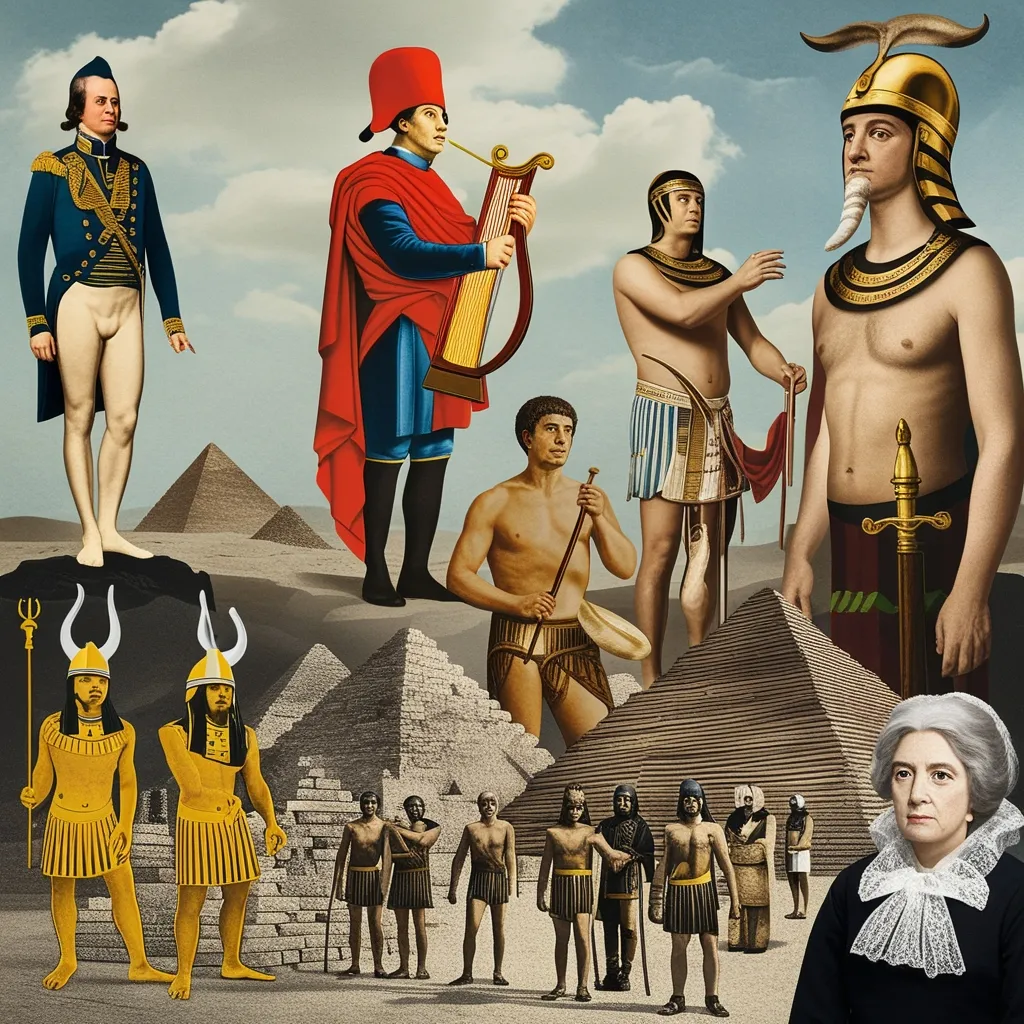The French Revolution, one of the most pivotal events in history, began in the year 1787. This period of major social upheaval lasted until 1799, transforming France and leaving a lasting impact on the world. The revolution was not a single event but a series of developments that unfolded over a decade, driven by a combination of general and particular causes.
One of the key factors was the social structure of the West. The feudal regime, which had dominated Europe for centuries, was weakening. The bourgeoisie, a growing class of wealthy commoners including merchants, manufacturers, and professionals, sought political power. Peasants, who had improved their standard of living and education, wanted to eliminate the remnants of feudalism to gain full rights as landowners.
The population of Europe had doubled between 1715 and 1800, leading to increased demand for food and consumer goods. Economic crises became frequent from about 1770, provoking alarm and revolt. The Enlightenment, inspired by thinkers like Montesquieu, Voltaire, and Jean-Jacques Rousseau, spread among the educated classes through societies of thought such as masonic lodges and reading rooms. These ideas fueled arguments for social reform and laid the groundwork for revolution.
In 1787, the controller general of finances, Charles-Alexandre de Calonne, summoned an assembly of notables to propose reforms that would increase taxation on the privileged classes. The assembly refused to take responsibility for these reforms and suggested calling the Estates-General, which had not met since 1614. This led to the revolt of the aristocratic bodies, including the parlements, whose powers were curtailed by the edict of May 1788.
The unrest continued into 1788, with disturbances in Paris, Grenoble, Dijon, Toulouse, Pau, and Rennes. King Louis XVI reappointed Jacques Necker as finance minister and promised to convene the Estates-General on May 5, 1789. This period saw a surge in pamphlets addressing state reconstruction, and the elections to the Estates-General coincided with further disturbances due to a bad harvest in 1788.
The French Revolution officially began on June 20, 1789, when the Third Estate, representing the commoners, formed the National Assembly to campaign for constitutional reform. This bold challenge to the King’s authority marked the beginning of the revolution. On July 14, 1789, the storming of the Bastille, a symbol of royal authority, took place. This event is celebrated as Bastille Day in France today.
The revolution took a radical turn in September 1792 when the monarchy was abolished, and the French Republic was established. King Louis XVI was tried and executed on January 21, 1793. The Reign of Terror, a period of extreme violence, followed his execution. The Directory, a new regime, took power in 1795 but was eventually overthrown by Napoleon Bonaparte in 1799, marking the end of the French Revolution and the beginning of the Napoleonic era.
Newspapers and pamphlets played a crucial role in the revolution, spreading news and ideas. Over 2,000 newspapers were founded during this period, with some lasting only a few weeks. The press became a powerful medium for civic republicanism, influencing public opinion and shaping the course of the revolution.
The French Revolution was not just a domestic affair; it had significant international implications. The British government closely monitored the events in France, with varying reactions ranging from concern to dismissal. The revolution’s impact extended beyond France, influencing political and social movements across Europe and beyond.
In conclusion, the French Revolution started in 1787 and lasted until 1799, driven by a complex interplay of social, economic, and political factors. It was a transformative period that reshaped France and left a lasting legacy in world history.






